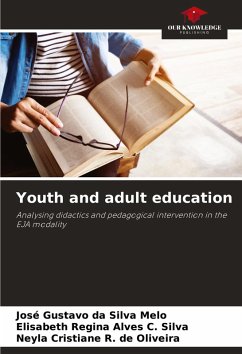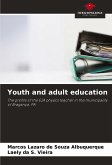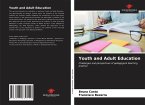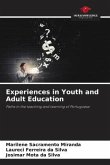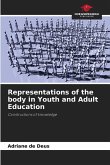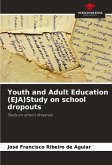We understand public schools as a duty of the state, but a democratic one, in other words, open to all classes, groups and ethnicities. One that offers quality education to the public, in the sense of training the human being in all aspects, and training the subject, making them capable of intervening in the society in which they live, transforming it, if necessary, into a fairer and more equal society. School is considered by some to be the transitional space between the world of the home and the wider world. Therefore, the aim of this study is to observe the structure of the school, the didactics of the supervising teacher in the subject of geography, and to prepare and carry out classroom teaching for EJA students in Phases 3 and 4. To this end, a study was carried out in which a bibliographical appraisal was first developed, pertinent to the empirical object, that is, the school. The theoretical framework served as an analytical basis for the research, as well as for the methodological procedures of the observations linked to the experience and the school regency. The institution was then visited in order to assess the reality of the school, its community and its administrative and pedagogical management.
Bitte wählen Sie Ihr Anliegen aus.
Rechnungen
Retourenschein anfordern
Bestellstatus
Storno

